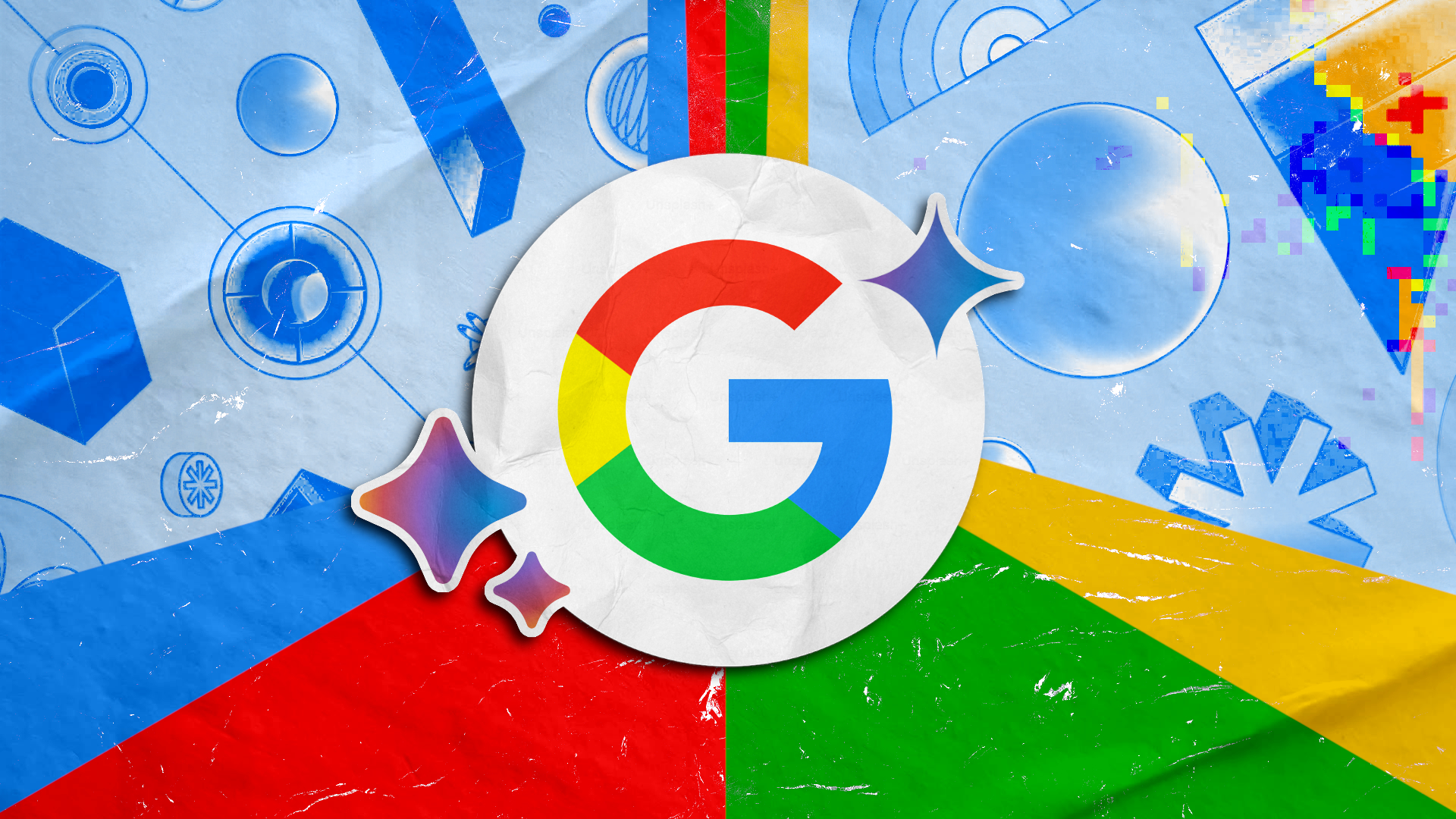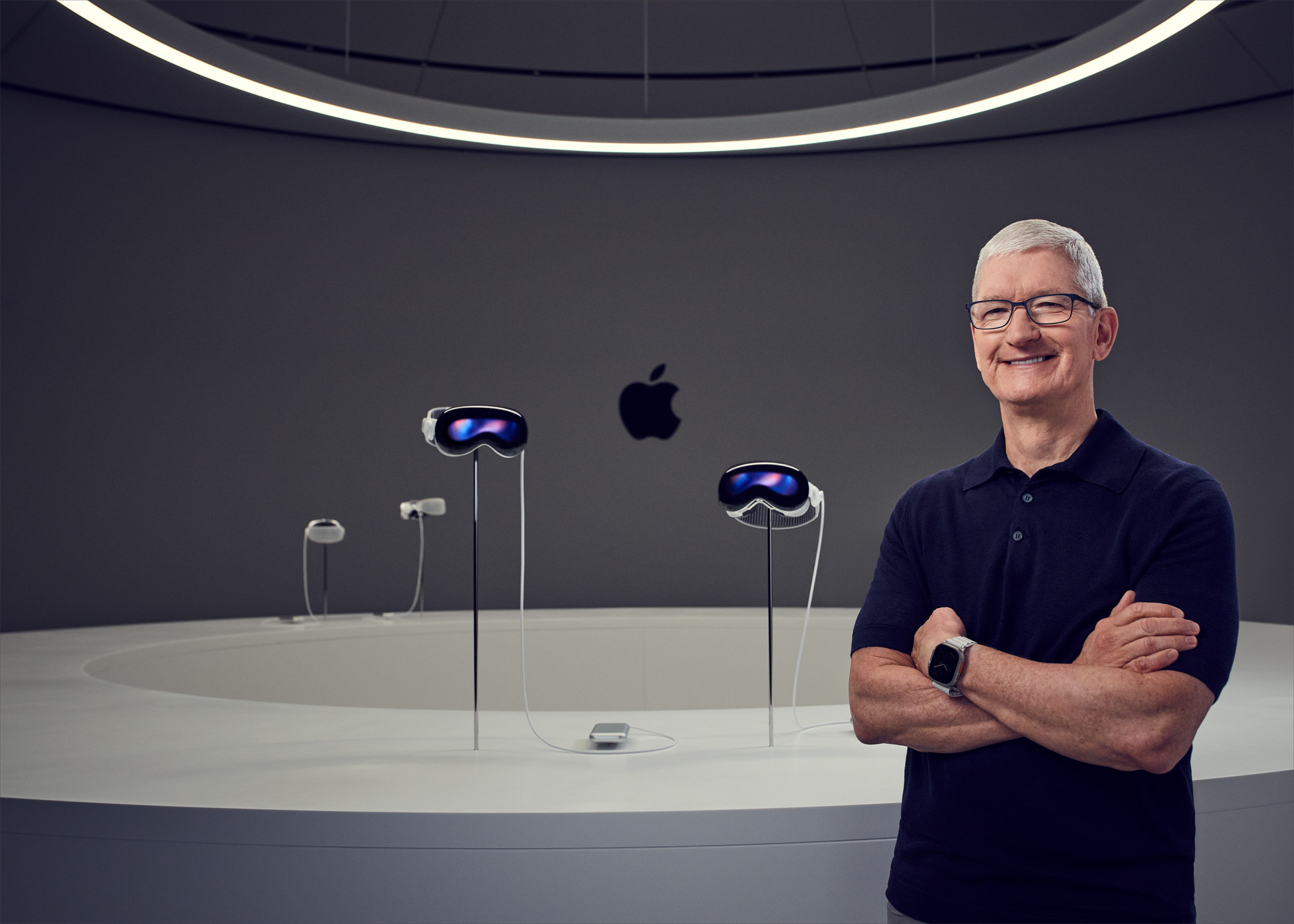Google's $75 billion bet on AI is more than most nation's GDP — but investors aren't impressed
Google's big spending spurs AI advancement, but DeepSeek proves that AI success doesn't require a billion-dollar price tag

On Tuesday, Google's Q4 2024 earnings call revealed much about how the company plans to spend its megabucks in the year ahead. And few ambitions of expenditure stood as lofty as pouring approximately $75 billion into capital expenditures, much of which was earmarked to greatly improve AI infrastructure.
That's over twice what Google spent in 2023, and rivals the projected GDP of entire countries like Panama, Uruguay, or the African nation of Ghana.
However, while not all of Google's capex will be poured into investment in AI, CFO Anat Ashkenazi was clear that a "majority of that is going to go toward our technical infrastructure, which includes servers and data centers." According to Ashkenazi, "approximately $16 billion to $18 billion" of its total capex investment would take place "in the first quarter" of 2025.
Spend big, win big?
CEO Sundar Pichai noted that Google's sizeable investment in technical infrastructure was a necessary cost, citing increasing demands for the company's cloud AI services, stating, "Cloud customers consume more than eight times the compute capacity for training and inferencing compared to 18 months ago."
This investment would not only ensure Google's ability to meet an increase in customer demand but also maintain the company's infrastructure efficiency, which, according to Pichai, is among the world's most efficient of its kind — delivering "nearly four times more computing power per unit of electricity compared to just five years ago."
It's likely that these improvements will help accommodate the training and wider rollout of more advanced models such as the Gemini 2.0 Flash 'thinking model,' which will become generally available for developers and customers today, joining a spate of recently launched reasoning models including the o1-powered Think Deeper for Copilot and DeepSeek-R1.
The latter of which was directly referenced by Pichai, who stated that the "tremendous team" behind the Chinese startup had done "very, very good work," when fielding a query from Goldman Sachs analyst Eric Sheridan on investors raising questions about the long-term cost curve for AI.
Stay in the know with Laptop Mag
Get our in-depth reviews, helpful tips, great deals, and the biggest news stories delivered to your inbox.
DeepSeek made shockwaves in January after revealing it had trained one of its latest V3 models for less than $6 million, and revealed some of the most competitive API pricing seen to date, costing only 55 cents per million tokens — some 96% less than the $15 per million tokens charged by OpenAI while providing similar levels of performance and accuracy.
However, despite DeekSeek's impact on of the AI market last month (which effectively saw almost $600 billion knocked off of Nvidia's valuation overnight), Pichai insists that not only is Google's AI "more efficient" in cost, latency, and performance, but that a return on the investment in AI could pay off as the company explores "very good ideas for native ad concepts" and making AI tools more accessible for business in an effort to sell AI-driven efficiencies to companies at scale.
Google's big spend spurs investor skepticism
That said, Pichai's optimism that its capex investment would be "directly driving revenue" doesn't seem to have landed.
Following the earnings call, Bloomberg reported that shares for Google's parent company Alphabet dipped by roughly 7% in premarket trading on Wednesday, effectively eliminating much of its 9% gain in 2025 — despite cloud services contributing $11.4 billion to the company's $96.5 billion revenue total for Q4.
While Alphabet insists its capex investment is necessary to hold the lead in Search and AI, a stock drop like this suggests that Wall Street isn't convinced. The company wants Google to spend big, but markets reward those who spend smart.
DeepSeek's arrival onto (and major upset of) the AI scene has raised a question Alphabet may already be feeling the impact of, as investors ask whether endless scaling in compute truly is the only path forward, as companies like Google, Microsoft, and OpenAI have claimed.
More from Laptop Mag

Rael Hornby, potentially influenced by far too many LucasArts titles at an early age, once thought he’d grow up to be a mighty pirate. However, after several interventions with close friends and family members, you’re now much more likely to see his name attached to the bylines of tech articles. While not maintaining a double life as an aspiring writer by day and indie game dev by night, you’ll find him sat in a corner somewhere muttering to himself about microtransactions or hunting down promising indie games on Twitter.
You must confirm your public display name before commenting
Please logout and then login again, you will then be prompted to enter your display name.
